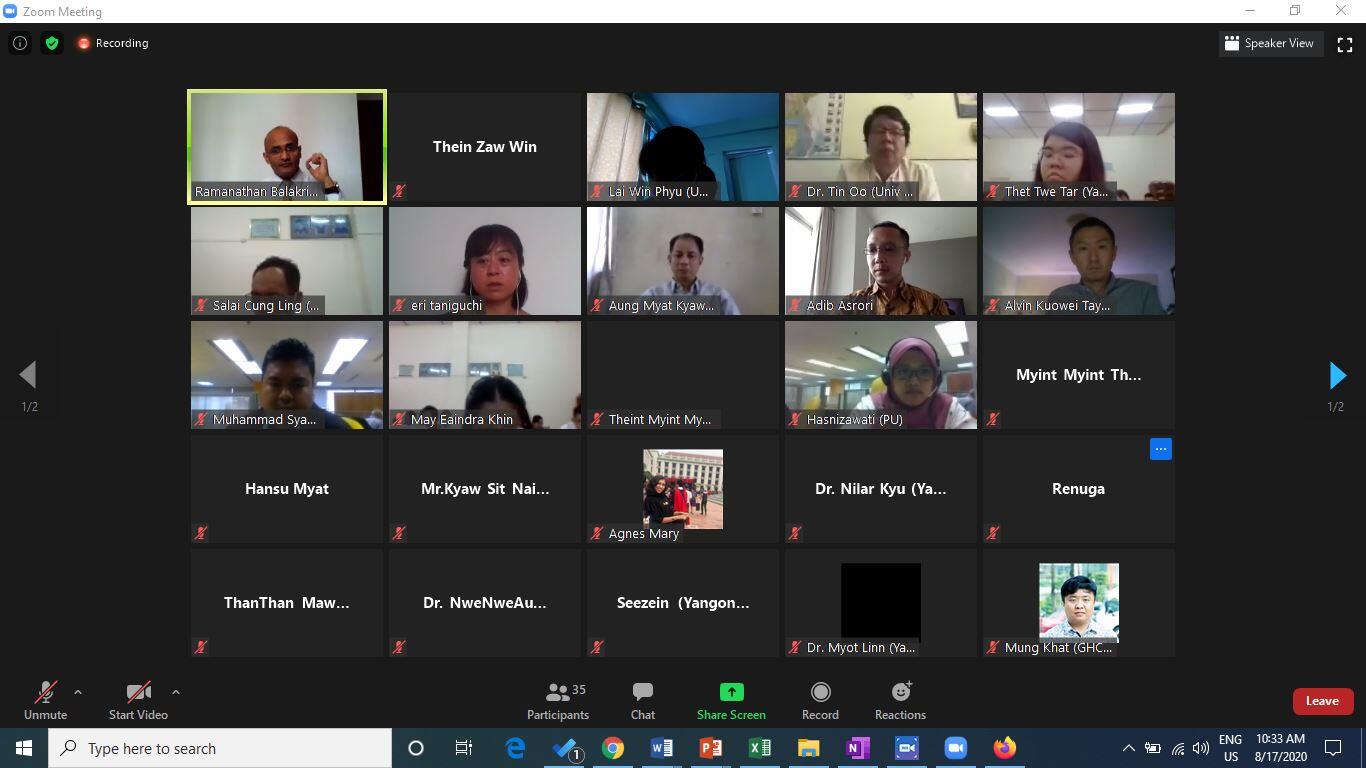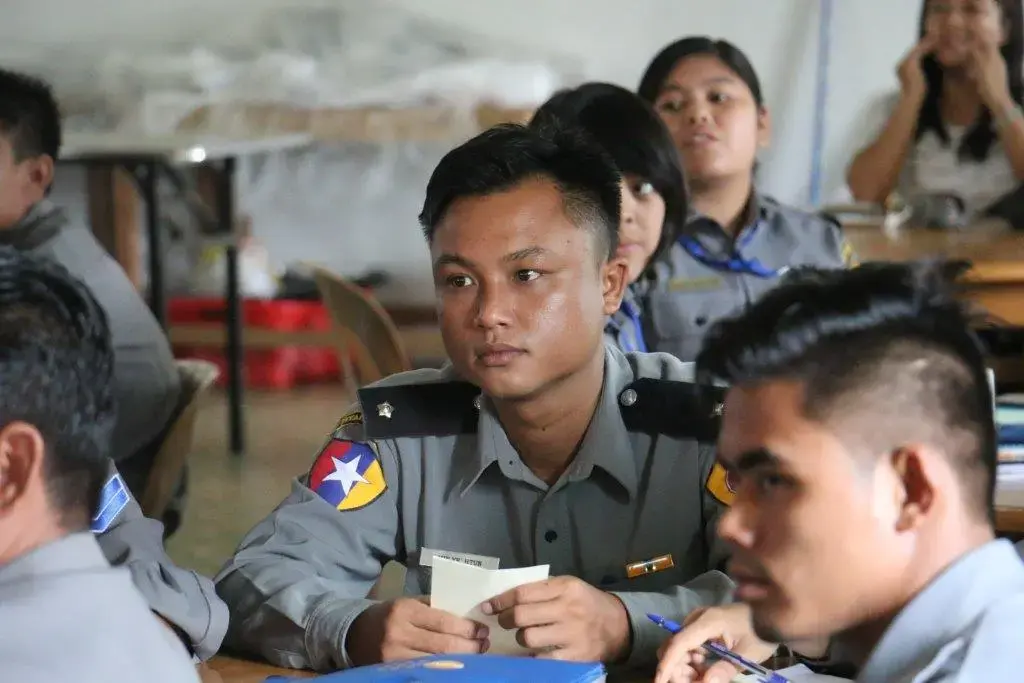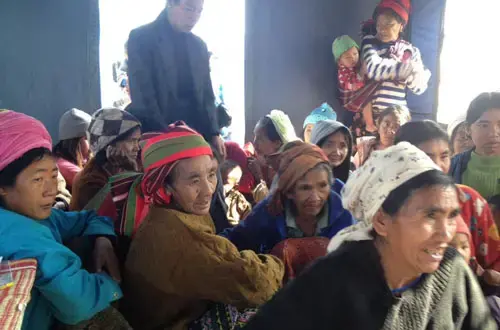Yangon, Myanmar – In collaboration with Yangon University and Perdana University, Malaysia, UNFPA organized online roundtable discussion to strengthen mental health and psychosocial support (MHPSS) system and workforce in the country. More than 30 participants representing Department of Psychology of Yangon University, Perdana University – Centre for Global Health and Social Change (PC-CGHSC), Ministry of Education, Ministry of Health and Sports and Department of Social Welfare joined the discussion.
This initiative enabled exchange of technical experiences related to Clinical Psychology Programme between two universities and also explore opportunities for further collaboration to strengthen psychology course streams as well as establishing Clinical Psychology course at Yangon University, Psychology Department.
UNFPA, a leading UN agency working for gender-based violence prevention and response, is supporting the Government of Myanmar in developing Psychosocial Support curriculum for Department of Social Welfare’s case managers and in organizing training sessions on COVID-19 impact on mental health, basic PSS skills, and remote psychological first aid, in collaboration with the partner agencies.
COVID-19 pandemic has had a significant impact on mental health and psychosocial well-being of individuals and communities, reconfirming the importance of taking MHPSS into consideration and approaching health in a comprehensive manner. MHPSS is an integral part of UNFPA programming support, in particular, as an essential component of GBV case management to facilitate the healing and empowerment of vulnerable women and girls subjected to violence.
Mr. Ramanathan Balakrishnan, UNFPA Country Representative for Myanmar, said, “There is a huge need of MHPSS support services in Myanmar, and UNFPA is trying to meet such MHPSS needs through SRHR and GBV programming. The COVID-19 situation has indeed increased demand for MHPSS support services not only at the community level, but also for those working as frontline responders.”





